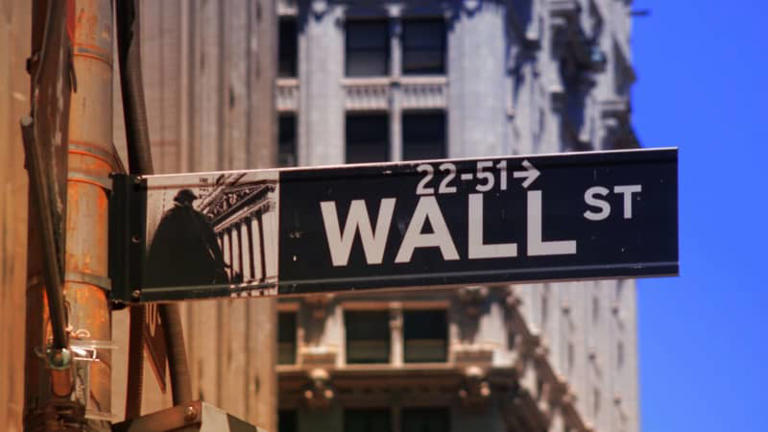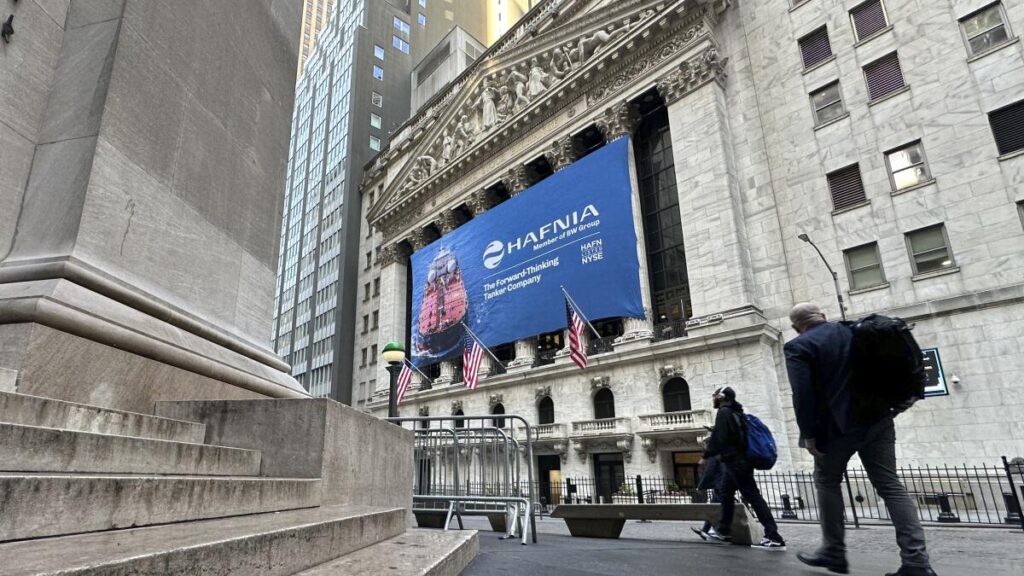Wall Street is poised for a significant downturn as U.S. stock index futures plummeted on Monday, with Nasdaq futures falling nearly 4%, as fears of an impending recession in the United States ripple through global markets. This sharp decline reflects growing investor anxiety over the health of the world’s largest economy and its potential impact on financial markets worldwide.

The sell-off is not limited to U.S. markets, as stock exchanges from Asia to Europe are experiencing substantial losses. Investors are rapidly shifting towards safe-haven assets, causing bond yields to slide. This flight to safety is accompanied by increasing bets that the Federal Reserve will need to implement quick interest rate cuts to stimulate economic growth.
Megacap and growth stocks, which have been the primary drivers of recent record highs, are facing severe premarket losses. Apple Inc. has seen a staggering 7.3% drop following news that Warren Buffett’s Berkshire Hathaway has reduced its stake in the tech giant by almost 50%. This move by the legendary investor is being interpreted as a sign of caution about the broader U.S. economy or potentially overvalued stock market.
Nvidia, a key player in the artificial intelligence chip market, has also been hit hard, falling 6.8% amid reports of delays in launching its new AI chips due to design flaws. These developments in the tech sector are contributing significantly to the overall market pessimism.
The recent weak jobs report and shrinking manufacturing activity in the U.S. have pushed both the Nasdaq 100 and Nasdaq Composite into correction territory. The jobs data has also triggered the “Sahm Rule,” considered by many as a reliable recession indicator, further fueling concerns about the economy’s trajectory.

In response to these economic signals, traders are now assigning a 91.5% probability that the Federal Reserve will cut benchmark rates by 50 basis points in its September meeting. Market expectations have shifted dramatically, with year-end rates now projected at 4-4.25%, down from the current 5.25%-5.50%.
The CBOE Volatility Index, often referred to as Wall Street’s “fear gauge,” has surged to its highest level since May 2022, breaching the long-term average of 20 points. This spike in volatility underscores the heightened uncertainty and risk aversion pervading the market.
Cryptocurrency-linked stocks are not immune to the sell-off, with Bitcoin hitting a five-month low. Major crypto-related companies like Coinbase Global, Bitfarms, Microstrategy, and Riot Platforms are all facing significant premarket losses.
As investors brace for a turbulent week ahead, all eyes will be on upcoming statements from Federal Reserve officials regarding the economy and monetary policy. Their insights could potentially provide some reassurance to the markets, but for now, the prevailing sentiment remains one of caution and concern about the economic outlook.
Reuters



